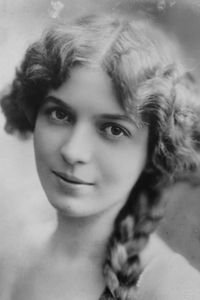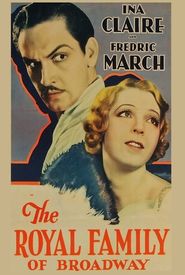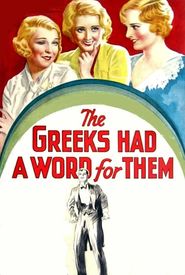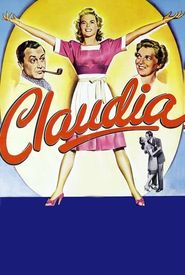Ina Claire was a renowned actress, born Ina Fagan, of Irish descent, whose father tragically passed away in a road accident four months prior to her birth. This event led to her family's financial struggles, forcing her and her mother to live in a boarding house.
Claire's early talent for impersonation led her to abandon school at the age of 17 and pursue a career in vaudeville. She initially performed under her mother's maiden name, imitating established stage performers, and soon gained popularity in revues on both sides of the Atlantic.
Her breakthrough role came in 1911 with the musical "The Quaker Girl," where she caught the attention of F. Scott Fitzgerald. She then appeared in the Ziegfeld Folies in 1915 and had her first major hit the following year as the titular heroine in "Polly With a Past" at the Belasco Theatre.
Between 1919 and 1928, Claire had a string of successes in comedic plays written by renowned authors such as S.N. Behrman, W. Somerset Maugham, Anthony Trollope, and T.S. Eliot. Her notable roles included "The Last of Mrs. Cheyney" (1925) and "Our Betters" (1928).
Critics praised her for her wit, charisma, and elegant style, earning her the title "the ablest comedienne our theatre knows" from John Mason Brown of the New York Post. Despite her success, Claire felt typecast and limited to comedic roles, which may have contributed to her relatively brief film career.
In her film appearances, Claire reprised her role in "The Awful Truth" (1929) and was slated to star in "Holiday" but had to settle for a contract buyout instead. She then appeared in "The Royal Family of Broadway" (1930) and "Ninotchka" (1939),showcasing her panache and elegance. Her last film role was in "Claudia" (1943).
Ina Claire remained a private person, only briefly stepping into the limelight during her marriage to John Gilbert. She passed away at the age of 91 due to a heart attack in San Francisco, California, and was buried at Mount Olivet Cemetery in Salt Lake City, Utah.





















